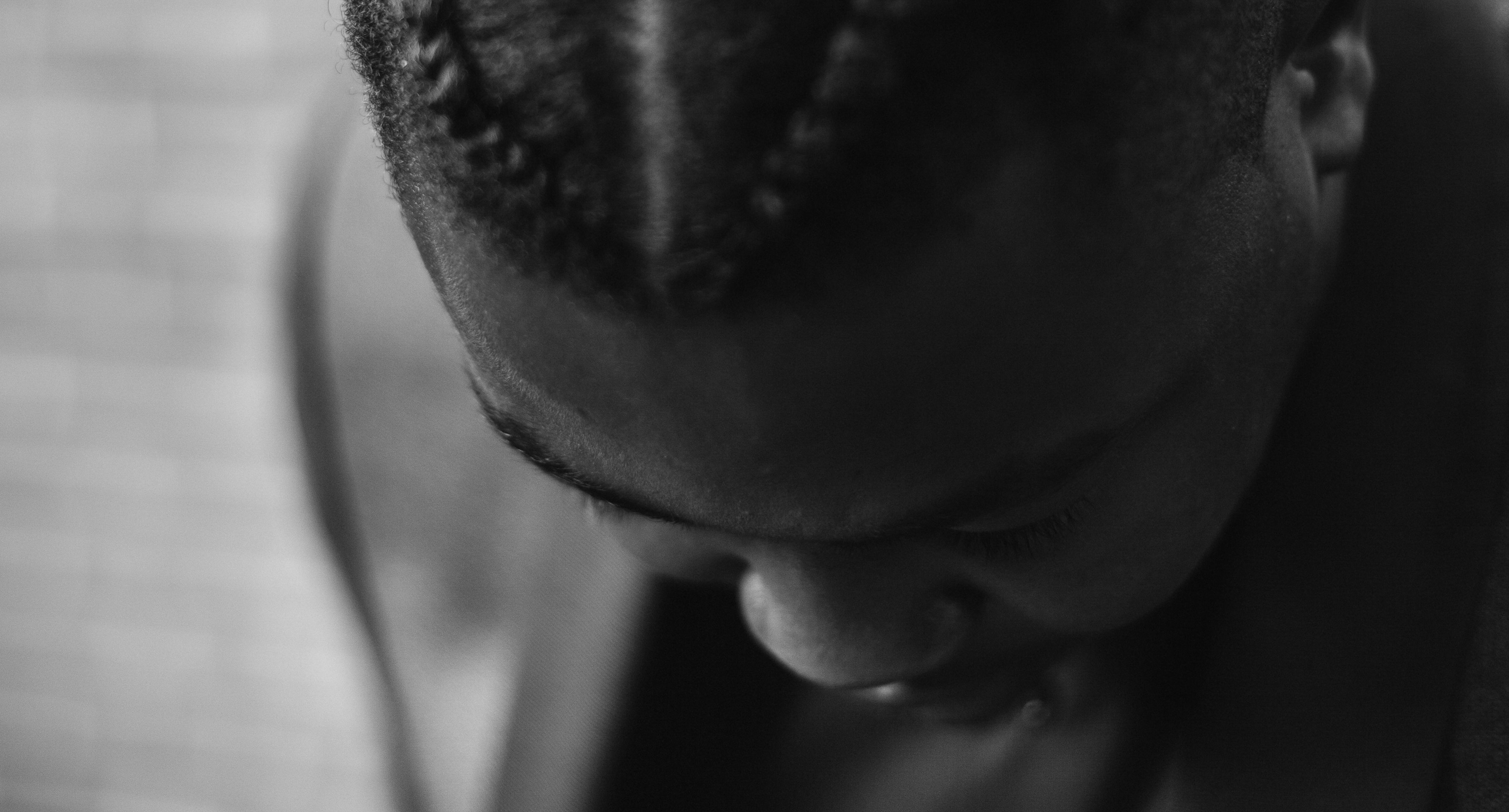Our research found that 34% of young people reported being bullied for prejudice based reasons.
Racism is a hate-crime; it is illegal to treat someone differently because of attitudes towards their race, religion, nationality or culture. Unfortunately we can’t identify the exact reason why somebody decides to act in a racist manner – racism, like a lot of other prejudice-based hate, is a learnt behaviour. No-one is born with the ability to read or sing a song, nor are we born with the ability to discriminate against someone because of where they were born or the colour of their skin.
People who are racist, normally feel threatened or intimidated by a culture or race that is not well-known to them or that they have limited understanding of. Unfortunately, instead of taking the time to understand or embrace that difference, they act negatively towards the unknown.
Is it Racism?
People experience racism in many forms; including physical attacks, verbal abuse, damage to your property, racist jokes, threats and cyber-bullying (this could be via email or social media). If someone is making you feel uncomfortable – It is your right to report it.
Some people find it hard to determine whether or not they are experiencing racism, as everybody has a different threshold of what they consider to be bullying; to help clarify – the police define hate crime as:
‘Any incident, which constitutes a criminal offence, which is perceived by the victim or any other person as being motivated by prejudice or hate.’
If you are experiencing racism, it can be incredibly difficult to know what steps to take next, so DTL compiled 6 tips to help guide you through the process. If you are experiencing racism and need any help or advice, or just someone to talk to – do not hesitate to reach out to Ditch the Label – join the community today.
1. Don’t see yourself as the problem
Know that what you are experiencing is in no way your fault – never blame yourself for what is happening to you. Always remember the person bullying you is the one with the issue, not you. You are not being targeted because of your race, it is because of the attitude towards this factor. The only thing that needs changing is their attitude – you are perfect as you are ❤️.
2. Speak to them
If you feel it is a safe and appropriate action to take, try talking to the person who is being racist. Remember to challenge the behaviour, not the person – instead of accusing the person of being a racist, explain that their behaviour or words are racist and have caused you distress – explain that it’s not ok to say those things.
It might be appropriate to request that a teacher or responsible adult hosts a mediation between you and the person who is being racist. A mediation can be scary but is often incredibly powerful; it is essentially a face-to-face conversation between you and the person bullying you in a controlled, equal environment.
If this is something you are considering, read this first.
[full-width-figure image=”https://dtl-staging.org/2020/wp-content/uploads/2017/07/thismatters.jpg” alt=”what to do if you’re experiencing racism”]
3. Report it
If you are experiencing racism from somebody you go to school or college with, report it to a teacher immediately. If somebody is threatening you, giving out your personal information or making you fear for your safety, contact the police or an adult immediately. It is important that you tell someone that this is going on.
4. Walk away
Whether you experience a micro-aggression or a more blatant form of racial hostility, make sure you are first and foremost, aware of your safety; you are under no obligation to have to respond to this kind of behaviour and can choose to walk away at any time. However, if you feel it is appropriate to speak with them or call out their behaviour, see point 2.
5. Get support
It is extremely stressful, and can be emotionally draining and taxing to endure racism. This stress can have impact on all areas of your life, including your mental wellbeing, ability to communicate with others, performance in school and self-esteem. It is therefore incredibly important to tell somebody that you trust about what you are going through; it doesn’t even have to be an adult – it could be a friend or somebody at Ditch the Label.
We also have a really simple exercise available on our website called Stress Reprogramming which you can do either alone or with somebody else in around 30 minutes. The exercise will help you see stress differently and hopefully help you on your journey forward.
6. Look after yourself
It is important during this time, that you take good care of your mental wellbeing. As well as finding a support system, you need to make sure you are looking out for yourself too. Little things like eating a balanced diet, working out, getting a good night’s sleep, relaxing and having quality time with friends and family can really improve your physical and mental health, which will in turn, reduce stress. Reductions in stress increase your clarity of vision, allowing you to clearly analyse difficult situations, which will make them much easier to deal with.
If you feel you need further support, it is important that you seek emotional and mental support from your GP, a therapist or counsellor.
Join the Ditch the Label community to see what others have to say about their experiences and have your say in a safe and equal environment – we want to hear from you! 😍













